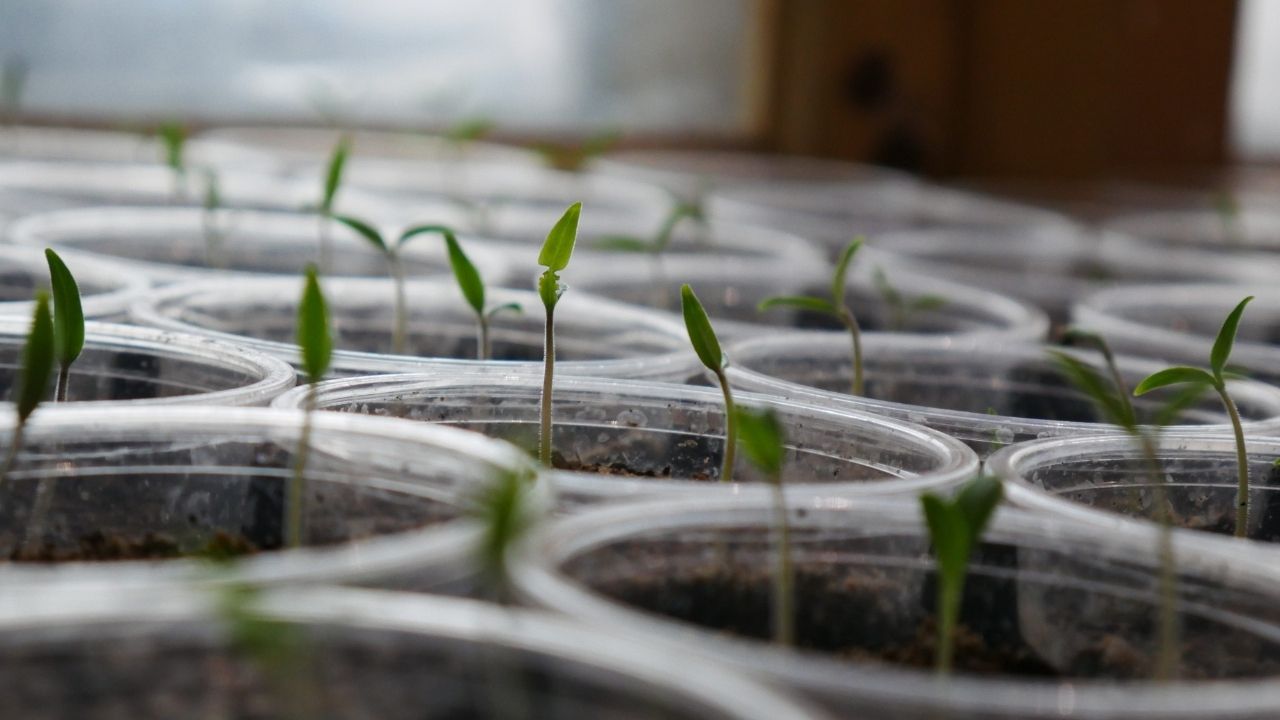America’s Hidden Seed Libraries In Rural Communities

Have you ever heard of seed libraries? These unique places let people borrow seeds instead of books. Found mostly in rural communities, seed libraries help preserve local plant varieties and encourage gardening. By sharing seeds, these libraries promote biodiversity and self-sufficiency. Gardeners can grow plants, save seeds from their harvest, and return some to the library for others to use. This cycle keeps local plant varieties alive and thriving. Plus, it builds a sense of community among gardeners. Curious about how these hidden gems work and where to find them? Let's dig into the world of America's rural seed libraries.
What Are Seed Libraries?
Seed libraries are community-driven initiatives where people can borrow seeds for free, grow plants, and then return seeds from their harvest. These libraries promote biodiversity, sustainability, and local food production. They are often found in public libraries, community centers, or even small shops.
Why Seed Libraries Matter
Seed libraries play a crucial role in preserving heirloom varieties and promoting gardening in rural areas. They empower communities to grow their own food, reduce dependency on commercial seeds, and foster a sense of community.
America's Hidden Seed Libraries in Rural Communities
Let's explore some of the lesser-known seed libraries scattered across rural America. These hidden gems are making a big impact in their communities.
1. Pima County Public Library Seed Library, Arizona
Located in Tucson, this seed library offers a wide variety of seeds, including native plants and vegetables. It encourages local gardeners to contribute seeds from their own harvests, ensuring a diverse selection for everyone.
2. Common Soil Seed Library, Nebraska
Situated in Omaha, this seed library focuses on heirloom and open-pollinated seeds. It aims to preserve the agricultural heritage of the region while promoting sustainable gardening practices.
3. Richmond Grows Seed Lending Library, California
This seed library in Richmond offers an extensive collection of seeds, including rare and endangered varieties. It also provides educational resources and workshops to help gardeners succeed.
4. Duluth Public Library Seed Library, Minnesota
Located in Duluth, this seed library offers a range of vegetable, herb, and flower seeds. It encourages community members to share their gardening experiences and tips, fostering a supportive environment.
5. Seed Library of Los Angeles (SLOLA), California
SLOLA, based in Los Angeles, focuses on preserving genetic diversity and promoting organic gardening. It offers a wide variety of seeds, including those suited for the local climate.
6. Hudson Valley Seed Library, New York
This seed library in Accord specializes in heirloom and open-pollinated seeds. It also offers beautiful seed packets featuring artwork from local artists, making it a unique addition to the community.
7. Seed Savers Exchange, Iowa
Located in Decorah, this seed library is dedicated to preserving heirloom seeds and promoting biodiversity. It offers a vast collection of seeds, including rare and endangered varieties.
8. San Francisco Public Library Seed Library, California
This seed library offers a diverse selection of seeds, including vegetables, herbs, and flowers. It also provides educational resources and workshops to help gardeners succeed.
9. Portland Seed Library, Oregon
Situated in Portland, this seed library offers a wide variety of seeds, including native plants and vegetables. It encourages local gardeners to contribute seeds from their own harvests, ensuring a diverse selection for everyone.
10. New Orleans Public Library Seed Library, Louisiana
Located in New Orleans, this seed library offers a range of vegetable, herb, and flower seeds. It encourages community members to share their gardening experiences and tips, fostering a supportive environment.
The Impact of Seed Libraries on Rural America
Seed libraries are transforming rural communities. They provide access to diverse plant varieties, promote sustainable agriculture, and strengthen local food systems. These libraries encourage community engagement by bringing people together to share knowledge and resources. They also help preserve heirloom seeds, ensuring that unique plant varieties are not lost.
Farmers and gardeners benefit from seed libraries by gaining access to seeds that are well-suited to their local environment. This reduces dependency on commercial seed companies and fosters self-reliance. Additionally, seed libraries often offer educational programs, teaching valuable skills in gardening and seed saving.
Supporting seed libraries means investing in the future of rural communities. They are more than just a place to borrow seeds; they are a hub for community resilience and sustainable living. By participating, you contribute to a healthier, more connected world.

